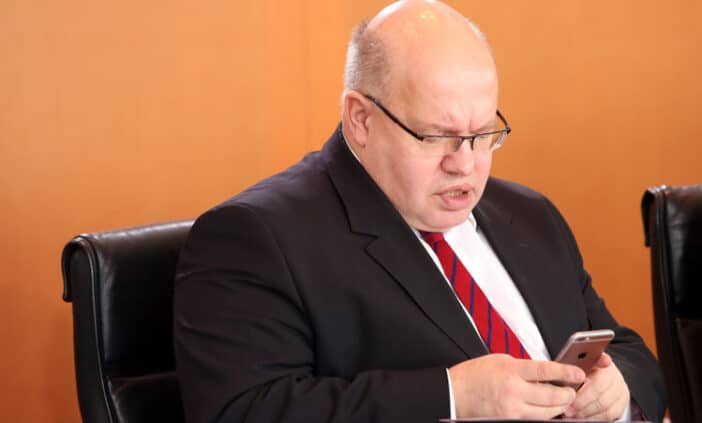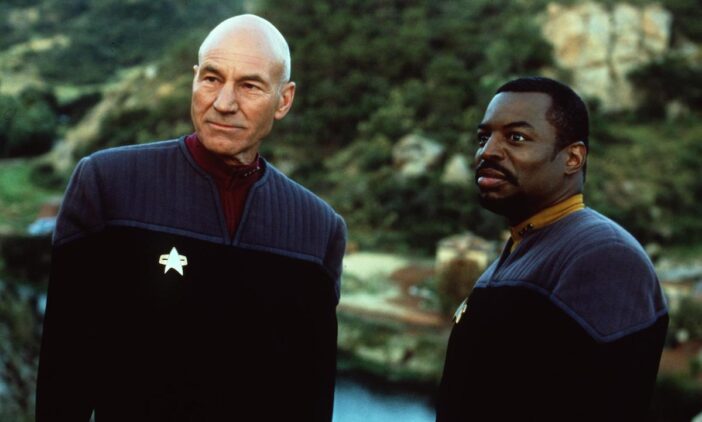Steve Rubenfaer went to college in Los Angeles and now resides in San Miguel de Allende, Mexico. Clearly, he’s caught the sunshine bug — but he caught the horse racing bug back home in Detroit.
A Cranbrook grad who grew up in West Bloomfield, Rubenfaer, who’s been betting horses on a daily basis for the past 25 years, got his first taste of the ponies at the old Detroit Race Course in the mid-‘80s, which may or may not have been before he came of legal age to do so.
Now CEO of Detroit-based BettorTakes, a young company with an app that spotlights sports bettors’ strengths and weaknesses so that they may make more informed and responsible wagers, Rubenfaer makes it back to the Motor City half a dozen times per year, regardless of where he hangs his hat. While BettorTakes is largely a remote company, it has more employees in the Detroit area than any other.
“We have a big Detroit connection. Most of the people in the company are somebody I’ve been friends with for 20 years or more,” said Rubenfaer. “A lot of our investors are from Michigan. My dad is still there, my sister, her kids.”
Add a little mindfulness
The central feature of BettorTakes’ app, which has only been live for a few months, is something the company refers to as an EDGE Score, which Rubenfaer calls “a numerical representation as to the bettor’s proficiency when it comes to that bet.”
He continued, “The only question we’re answering is, ‘How did you do when you bet on similar situations previously? Is this something you’re good at or bad at?’ It just finds all these hidden patterns and biases and things you didn’t really realize that you were doing.”
An EDGE Score of 50 (on a scale of 0-100) is “like a coin toss,” explained Rubenfaer. The higher the score, the better the bettor is at that type of bet. The lower the score, the worse.
“We’ve developed an algorithm that helps bettors win more by identifying their strengths and weaknesses,” said Rubenfaer. “The basic product is a predictive tool and the way it works is the bettor tells us a bet they like — Lakers +4, for example — then we go through their previous betting history, find similar situations, take a whole bunch of variables, and distill it into one number.
“The real value is when the algorithm says this is something you kind of suck at. Maybe you should think twice about placing that bet. This is how we make better bettors. When you come face-to-face with something you’re not good at, you might add a little mindfulness. Hopefully it will improve your performance and improve your bankroll.”
If you suck, don’t give up
If you find out you’re bad at a certain type of wager, BettorTakes isn’t here to tell you never to place that type of wager again.
“Most people don’t gamble to make money,” said Rubenfaer. “Sports are entertainment, and gambling enhances the entertainment value of sports. If somebody really sucks at everything, they shouldn’t quit if they like gambling. They should just bet less. We don’t say you suck overall, we say these are your weaker areas that you need to work on.”
BettorTakes is taking flight at a time when the U.S. sports betting industry is paying much closer attention to responsible gambling and financial literacy products, which should bode well for Rubenfaer and his cohorts.
“Right now, the main point of financial literacy is just not to do parlays,” Rubenfaer said, half-jokingly. “But people are financially illiterate. They bet too much, they fall in love with games, they don’t realize that a bet that has a 65 percent chance of winning has a 35 percent chance of losing. They don’t have a long-term bankroll strategy.
“Betting on sports has two components to it — one is the handicapping part, and the other is the financial part. We help with both parts of that equation. We’re not saying we’re going to turn you into a winner, we’re just trying to improve your performance and stretch your money. Just like you wouldn’t spend $5,000 on a pair of tickets, don’t bet $5,000.”
Photo: Adam Berry/Getty Images





